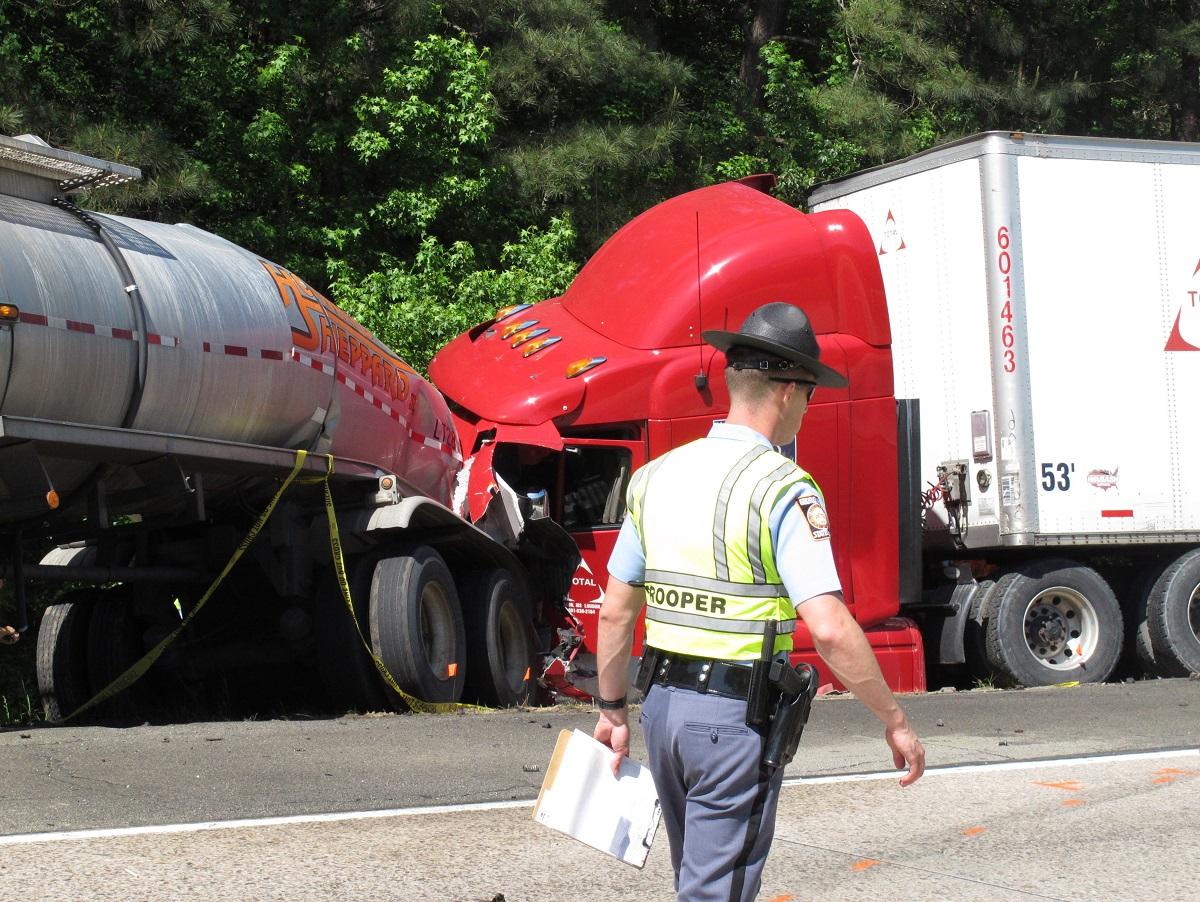Trucking industry officials say they think training should be required first, before requiring drivers to install new technology that hasn’t been tested in the real world.
U.S. Rep. Hank Johnson from Georgia introduced the Safe Roads Act of 2015 that, if passed, would require all commercial motor vehicles to have automatic braking systems.
Johnson believes the technology could have saved the lives of five Georgia Southern University nursing students who died in a wreck with a tractor-trailer in April.
Truck Industry Response
But the legislation doesn’t sit well with the trucking industry.
Sean McNally of the American Trucking Associations said policymakers shouldn’t force new technology on drivers.
“ATA supports the use, and voluntary adoption of, a number of safety technologies,” McNally said. “We are encouraged by what we’ve seen so far from automatic braking and other collision avoidance technologies, and we are anxious to evaluate some additional real-world truck data before they are mandated by law.”
Another group that represents truck drivers, the Owner-Operator Independent Drivers Association, also opposes the bill.
“What we oppose is mandating unproven technologies, particularly when there is no minimum standards for training for truck drivers,” spokeswoman Norita Taylor said.
Standardized training is what has to come first, she said.
Preventing Crashes
But there is evidence the technology helps. Russ Rader, with the nonprofit Insurance Institute for Highway Safety, said a study the group conducted found an automatic braking (“forward collision warning”) system could prevent more than 30,000 crashes each year.
“You can imagine a truck driver, tired or distracted, and suddenly they come upon stopped traffic. Many of these systems can automatically brake the vehicle if the driver doesn’t react,” Rader said. “So if it doesn’t prevent the crash, it can at least reduce the severity of the crash.”
U.S. Reps. David Scott and John Lewis, both of Georgia, are co-sponsors of Johnson’s bill.










